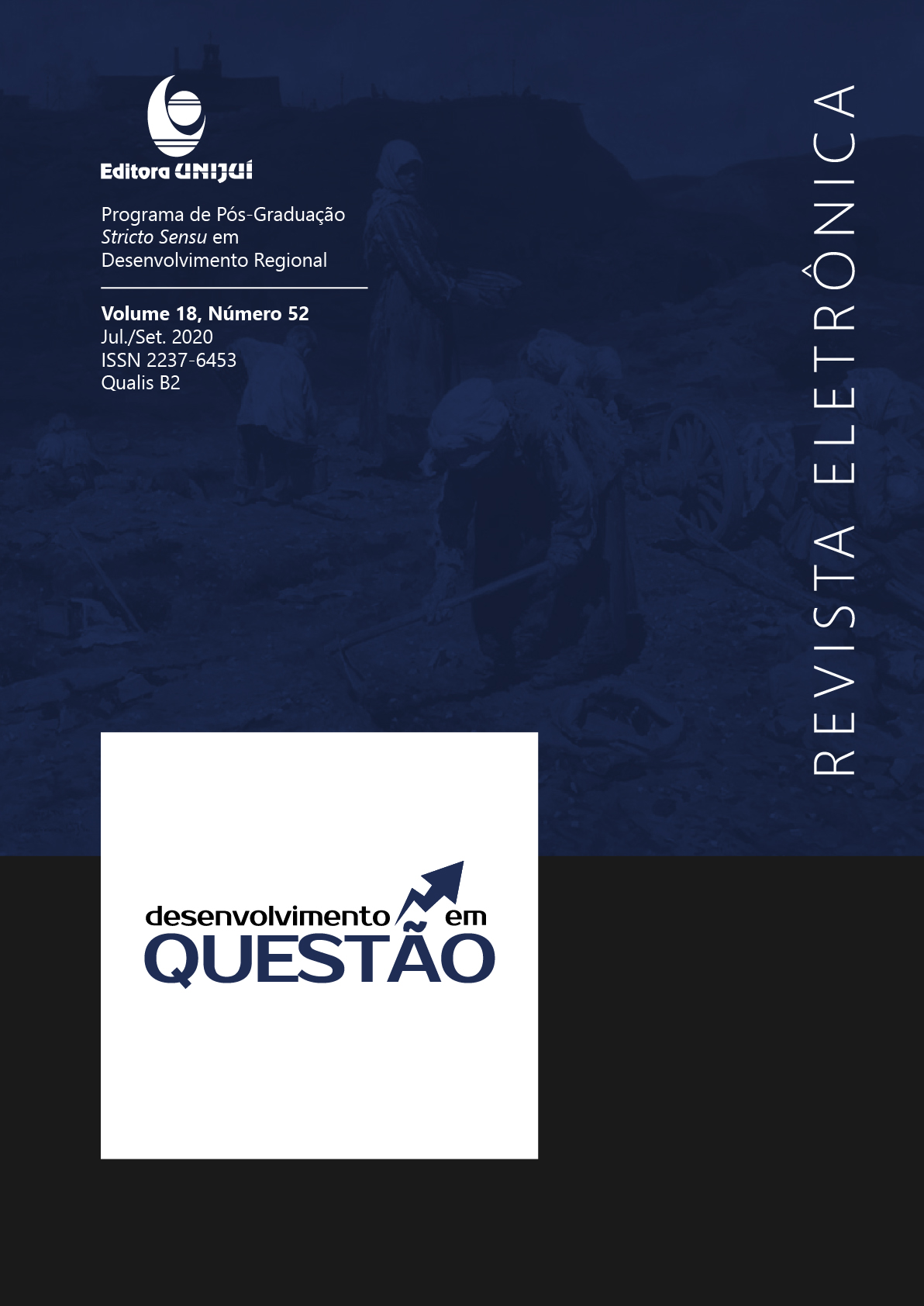CHALLENGES AND CRITICISMS TO THE TRIPLE HELIX MODEL: AN INTEGRATIVE REVIEW
DOI:
https://doi.org/10.21527/2237-6453.2020.52.233-248Keywords:
Triple Helix, Criticisms, ChallengesAbstract
As from the criticisms and challenges to the Triple Helix (TH) model, it is possible to use, understand and make transactions that promote new models such as Quadruple Helix and Quintuple well deployed, heading better results for the process of generating innovation and knowledge. Through this lens, this article aims to identify the main challenges and criticisms associated with the TH model based on an integrative review. Therefore, through an integrative review, studies were systematized in order to identify the main research objectives; theoretical approaches; methodology and object of study; TH reviews; and associated contexts. Additionally, it was proposed an agenda for future studies. Results show a panorama where criticism studies are concentrated in Europe, and, among the main criticisms and models, we have: differences in objectives, cooperation failures and communication problems between TH actors, failure in consideration of the context and global aspects, lack of a lead actor or representative; traditionally a top-down model without a consideration of cultural problems. Moreover, the challenging contexts for the TH model are the peripheral regions where there is a low density of R&D, regions where the university has a secondary role, and locations with actors that exhibit bureaucratic systems.
Downloads
Published
How to Cite
Issue
Section
License
By publishing in Revista Desenvolvimento em Questão, authors agree to the following terms:
All works are published under the Creative Commons Attribution 4.0 International License (CC BY 4.0), which allows:
Sharing — to copy and redistribute the material in any medium or format;
Adaptation — to remix, transform, and build upon the material for any purpose, even commercially.
These permissions are irrevocable, provided that the following terms are respected:
Attribution — authors must be properly credited, a link to the license must be provided, and any changes made must be indicated.
No additional restrictions — no legal or technological measures may be applied that legally restrict others from doing anything the license permits.
Notices:
The license does not apply to elements that are in the public domain or covered by legal exceptions.
The license does not grant all necessary rights for specific uses (e.g., image rights, privacy, or moral rights).
The journal is not responsible for the opinions expressed in the articles, which are the sole responsibility of the authors. The Editor, with the support of the Editorial Board, reserves the right to suggest or request modifications when necessary.
Only original scientific articles presenting research results of interest that have not been previously published or simultaneously submitted to another journal with the same purpose will be accepted.
Mentions of trademarks or specific products are intended solely for identification purposes and do not imply any promotional relationship by the authors or the journal.
License Agreement (for articles published from 2025 onward): Authors retain the copyright to their article and grant Revista Desenvolvimento em Questão the right of first publication.











